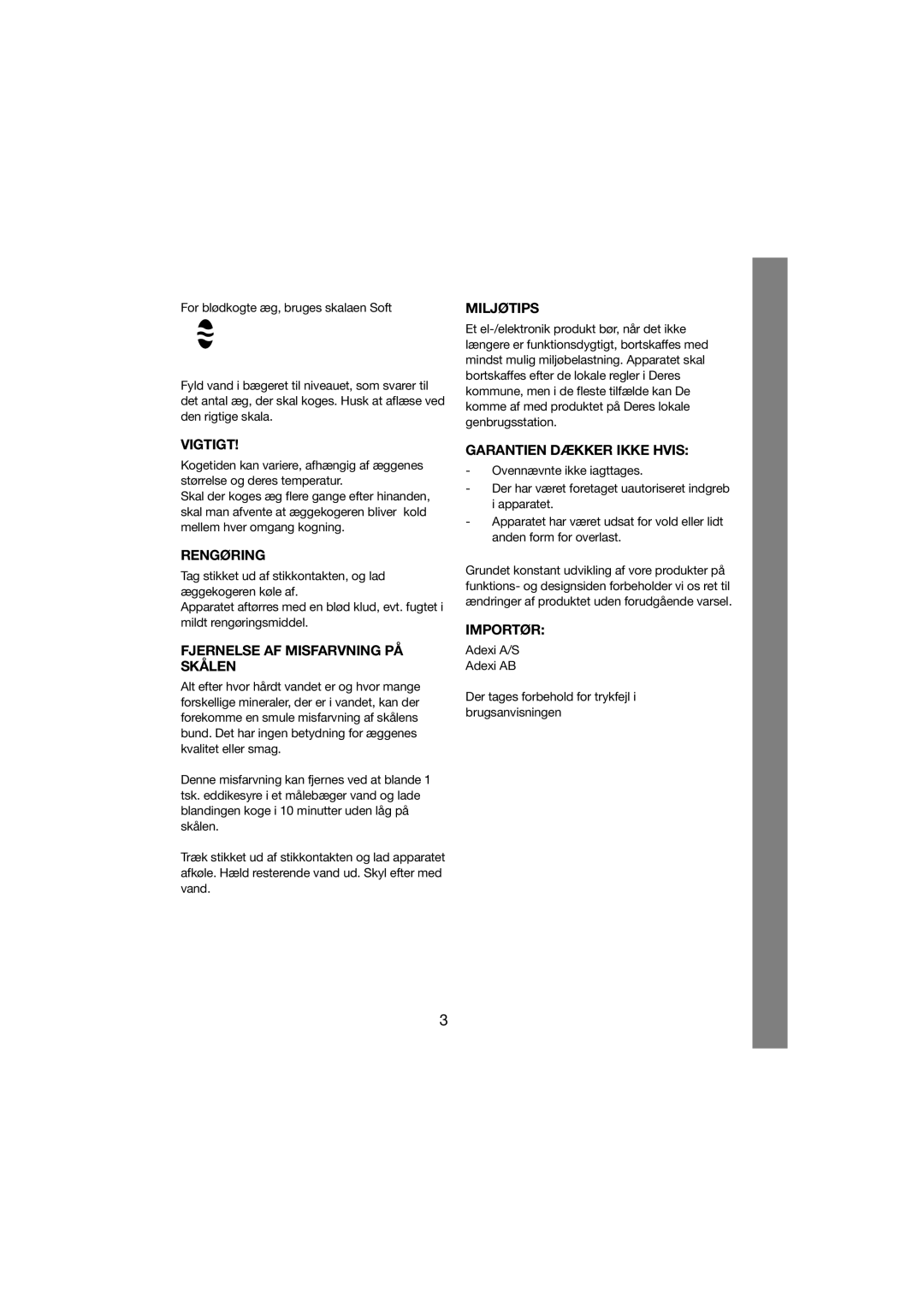243-014 specifications
Melissa 243-014 is an advanced synthetic organism designed to excel in a variety of environments, primarily for applications in biotechnology and environmental management. Developed in the forefront of genetic engineering, Melissa represents a breakthrough in the field of bioengineering, combining cutting-edge technologies with a multifaceted approach to problem-solving in ecological and industrial domains.One of the main features of Melissa 243-014 is its adaptability. Engineered with a robust genetic framework, the organism can thrive in various conditions, making it suitable for diverse applications, from bioremediation to agriculture. This adaptability allows Melissa to optimize nutrient absorption and enhance soil quality, benefiting crops and helping restore degraded environments.
In terms of its technological aspects, Melissa 243-014 integrates CRISPR-Cas9 gene-editing technology, which enables precise modifications of its genetic code. This technology facilitates the enhancement of specific traits such as growth rate, resilience to pathogens, and efficiency in nutrient utilization. By harnessing CRISPR-Cas9, researchers have been able to create a more efficient organism that responds favorably to environmental stresses, reducing the reliance on chemical fertilizers and pesticides.
A significant characteristic of Melissa 243-014 is its ability to sequester carbon. By optimizing photosynthetic pathways, this synthetic organism can capture and store carbon dioxide from the atmosphere, playing a role in combating climate change. This feature is critical for initiatives aimed at reducing greenhouse gas emissions, making Melissa a valuable player in global efforts to achieve sustainability.
Moreover, Melissa is designed with a minimal ecological footprint in mind. Its production process is efficient and requires fewer resources compared to traditional agricultural practices. This efficiency not only reduces operational costs but also promotes a more sustainable approach to land management.
In addition to its environmental applications, Melissa 243-014 has potential in pharmaceuticals and bio-based products. Its modified metabolic pathways can be tailored to produce valuable compounds, including biofuels, biodegradable plastics, and pharmaceutical precursors, contributing to a circular economy.
Overall, Melissa 243-014 represents a significant advancement in synthetic biology, showcasing the potential to address some of the world's pressing challenges through innovation and sustainable practices. Its main features, including adaptability, advanced genetic modifications, carbon sequestration, and low environmental impact, highlight its importance in shaping the future of biotechnology.

